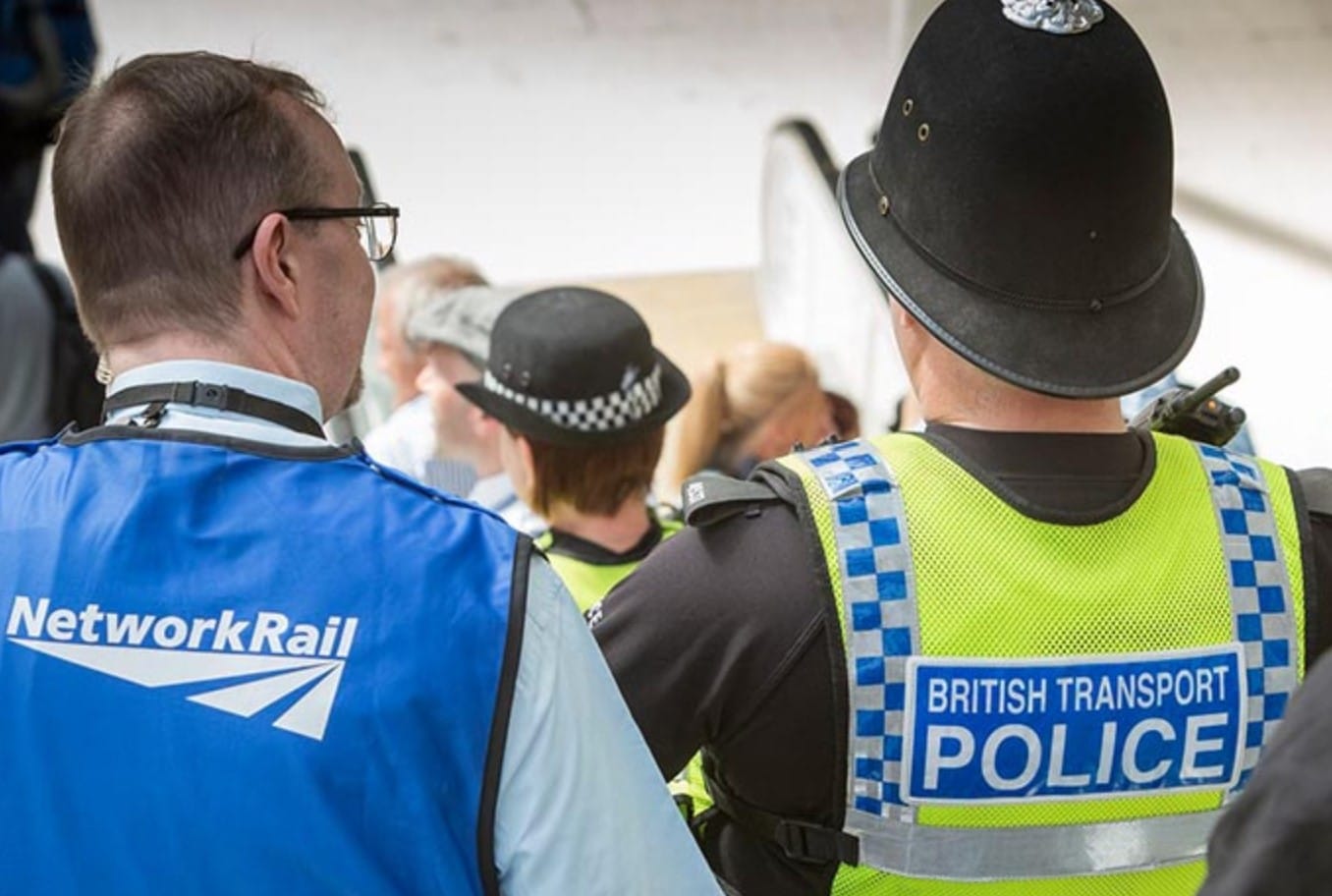This Mental Health Awareness Week (13 – 19 May), Samaritans has announced a new milestone with its Managing Suicidal Contacts programme – in partnership with Network Rail and the wider rail industry – as more than 30,000 staff members across Britain’s railways have been trained to help people in crisis since 2010.
Now in its 14th year, through the partnership rail staff and British Transport Police employees are trained to have the confidence and skills to identify vulnerable people and start a conversation to get them to safety. Since 2010, rail employees have made thousands of potentially life-saving interventions.
Samaritans head of rail programme, Olivia Cayley, said: “Our partnership with Network Rail started in 2010 – and its impact is immense. In recent years, people have had to deal with a global pandemic and the cost-of-living crisis, which has had a huge impact on people’s well-being. Having the knowledge and confidence to reach out to someone in distress and offer your time to listen and help is hugely beneficial.
“We know that one in five people have suicidal thoughts – this partnership with Network Rail means if people need someone to talk to when in crisis, they will not be alone, and help is there for them.”
Louise McNally, suicide prevention lead at Network Rail, commented: “It’s a brilliant achievement to see that we’ve hit another key milestone with over 30,000 rail staff now trained to help support and identify vulnerable people across the rail network who may be at risk of suicide.”
Craig Munday, a mobile operations manager at Network Rail is just one of the many beneficiaries of the Managing Suicidal Contacts training.
Craig says: “I did the training online during lockdown and it was amazing. The main thing that stuck with me is how little time someone harbours suicidal thoughts and how just asking them a question could break that thought. It changed the whole way I look at things when I’m out and about at work and at the stations.
“If I see someone who looks upset, I make sure I go up to them and start a conversation, asking ‘are you okay, are you waiting for a train?’. I think I was always cautious, but it’s made me more confident to approach people – you never know who you’re going to help just by saying ‘hi’.
“We have some new guys starting as mobile managers soon and I’m encouraging them to do the training. It’s a brilliant subject to be trained to help people before an emergency and it’s great that Network Rail has embraced it.”



